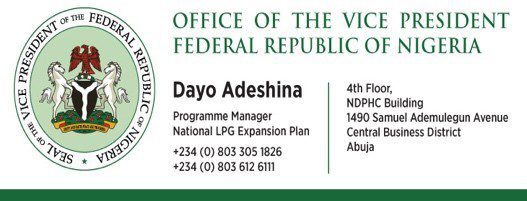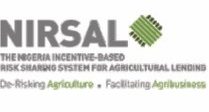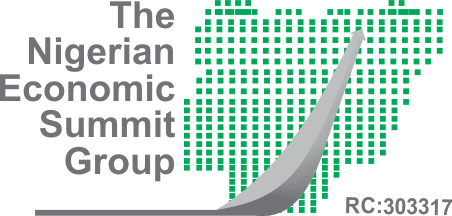[unitegallery LowCarbon2]
Background
The Low Carbon Investment Initiative (LCII) is a convening of several key stakeholders to amplify efforts and support the decreasing of carbon emissions through the use of renewable energy and energy efficiency tools. The project will focus on agriculture, energy, housing, financing, and technology and build the capacity of young people, women and the informal sector to take on new opportunities within the clean energy sector; develop projects and the business case for entering this field; and improve GDP. Lowering carbon emissions through use of clean energy projects, green homes, and eco-conscious behavior is at the heart of new GDP growth promoted by the Paris Climate Accord of 2015, which Nigeria acceded to in its NDC policy.
The 23rd Nigerian Economic Summit (#NES 23) took place on October 10 – 12, 2017 at the Transcorp Hilton Hotel, Abuja, with the theme “Opportunities, Productivity & Employment: Actualizing the Economic Recovery and Growth Plan”.
Download the recommendations from the summit below:
[wp_mb_plugin_download instance=”1″ password=”” buttonname=”Download” name=”23rd NESG Summit” datetime=”May 16, 2018 – 4:17 pm” other=”v.1.7 (PIND)” atagseo=”tag”]https://pindfoundation.org/wp-content/uploads/2018/05/23rd-NESG-Summit.pdf[/wp_mb_plugin_download].
For further inquiries, send us an email using the button below:
Energy
SPDC - ECODELTA
Agro-allied
Housing and Infrastructure
Financing Working
Information Technology (IT)
Benefits of the Low Carbon Investment Initiative:
Job Creation
Through inclusiveness, the Low Carbon Investment Initiative seeks to achieve job growth for the youth in both the formal and informal sector, while leveraging on new technologies to promote employment
Community Development/Engagement
This initiative helps map out unserved and underserved communities by revamping already existing infrastructure and drawing attention to surrounding resources to promote growth. For this to happen, skills and capacity of members of each community must be built to increase necessary levels of
Increased Productivity
As issues that surround resource management are addressed by strengthening ancillary sectors like trade, distribution, and storage, productivity is increased among beneficiaries/ecosystems.
Financial Access
It ensures that individuals, groups, or clusters, obtain financial services that include access to credit, deposits, payment, insurance and other risk management services that will in-turn attract
Social Access
It ensures access to public services and enhance the living conditions of rural communities that may be limited due to lack of infrastructure or high costs. Some of these services include power, training, capacity building (education), etc.
Information and Knowledge Sharing
A transparent platform will be established where participants can communicate directly with the source, interested parties can gather information on clean energy projects in the Niger Delta, and investors can gain user-friendly material on ecofriendly business opportunities in the region. This ensures consumer and private sector.
Economic Growth
By focusing on import substitution and replacing imported goods with locally produced goods, foreign dependency is reduced, thereby promoting structural development and contributing to the growth of the
Office of the Vice President PMO-LPG Adoption Programme

Partnerships Initiatives in the Niger Delta

Nigeria Incentive-Based Risk Sharing System for Agricultural Lending

United States Agency for International Development

Cerase Environmental Services Limited

Nigerian Economic Summit Group

Heinrich Boll Foundation
![]()
Nigerian Maritime Administration and Safety Agency

Deutsche Gesellschaft für Internationale Zusammenarbeit (GIZ)

ThriveAgric

Shell Petroleum Development Company

Bank of Agriculture

Union Bank, Agribusiness Unit

Fasyl Technology Group

